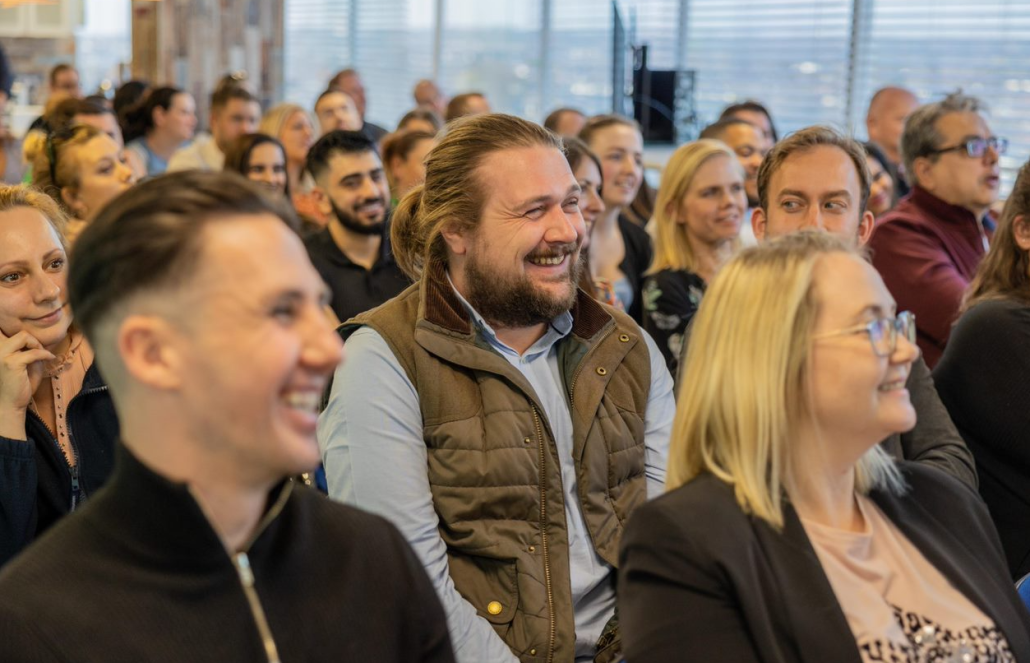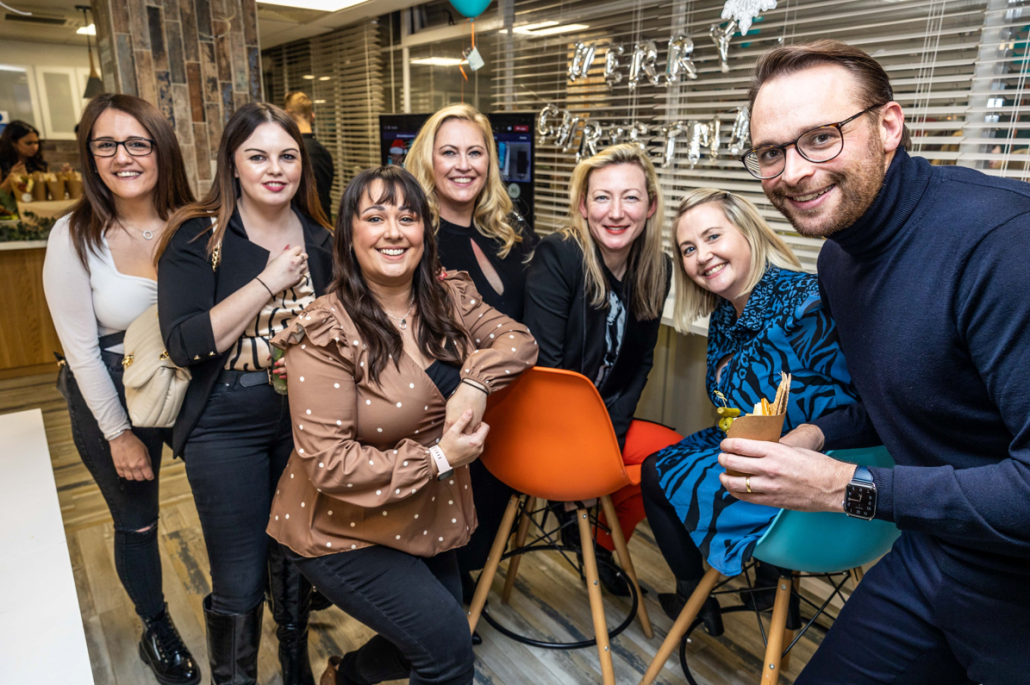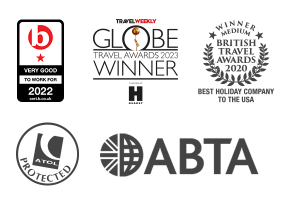Redefining All Inclusive: How We’re Helping Disabled People Plan Stress Free Holidays
• 51% of respondents with a disability said going on holiday was associated with stress, whilst 36% related it with frustration
• Negative experiences when booking or going on holiday have impacted 65% of disabled people’s attitudes towards travelling
• Nearly half (49%) of those surveyed have submitted an accessibility-related complaint, but for a fifth (21%) nothing was done about it
New research by Ocean Holidays has revealed the stress and uncertainty disabled people face when planning a holiday.
Over half (51%) of people with disabilities find holidays stressful and a third (36%) find them frustrating to plan and book. These negative experiences have impacted 65% of disabled people’s attitudes toward travelling, with 1 in 10 going as far as avoiding leisure travel, due to not being confident that their additional needs could be met.
The data highlights that the holiday stress for disabled people begins before they even depart, with nine in 10 (90%) experiencing problems when booking a trip. Difficulties during the booking process often include finding affordable and suitable accommodation (32%), lack of information on websites about support available (31%), staff’s lack of knowledge (26%) and hidden fees (25%).
The lack of help or facilities at the airport (33%), and simply getting to the airport in the first place (22%) were among the concerns disabled people felt towards travelling. Over 8 in 10 (81%) of disabled people stated they have experienced difficulties while travelling on holiday.
Almost half (49%) of all disabled people surveyed stated that they had made a complaint relating to accessibility whilst on holiday. For more than two in five (43%), nothing was actioned as a result of the complaint they raised.
As the UK’s fastest-growing travel company and Europe’s leading Florida holiday expert, we undertook the research needed to shed light on the issue. We also became a registered member of the global Hidden Disabilities Sunflower network and we have recently announced our new Accessibility Programme. Launched after twelve months of thorough research and development, the programme offers a service and resource hub dedicated to making holidays accessible for all, no matter the disability.

Following investment in rigorous staff training, customers can now book holidays knowing that every additional need is taken care of – whether at the airport or in resort – by staff with an unrivalled knowledge of accessible options in the Sunshine State, all at no extra cost. The programme takes a holistic approach, covering everything from mobility, visual and hearing impairment through to cognitive challenges with accessibility champions in all areas of the business.
The new Accessibility programme on our website is also designed to be a resource for disabled travellers and their families, with information on everything from accessible restaurants to wheelchair-friendly sightseeing options while abroad.
“These findings underline the opportunity the travel industry has to make travel a better experience for the one in five individuals with disabilities in the UK,” said Harry Hastings, Co-CEO and Co-Founder of Ocean Holidays whose son Rudy has a rare genetic condition called MCAHS1.
“It’s great to see niche holiday operators serving the needs of so many but we also believe that it’s time that more mainstream travel companies step up with a more inclusive approach to supporting people with disabilities, and their families. As an industry, we have so much to do to vastly improve the holiday experience for people with disabilities. At Ocean Holidays, we are at the start of this journey, and we’ve taken steps to improve the experience across the board. We promise to do our best to provide people with disabilities the support they need to enjoy their dream holiday.”
Paul White, CEO, Hidden Disabilities Sunflower said “We are delighted that Ocean Holidays has become a member of the global Hidden Disabilities Sunflower network to ensure that travelling abroad is accessible for all. The launch of Ocean Holidays’ accessibility programme demonstrates how businesses are starting to take disabilities seriously by reviewing their current offerings and practices. As the findings in this research show there is still further to go for the wider travel industry to become fully inclusive for people with disabilities, but this is a positive step in the right direction.”
Research conducted in partnership with Opinion Matters
1,007 people who have a disability were surveyed – 02.09.2022-06.09.2022




